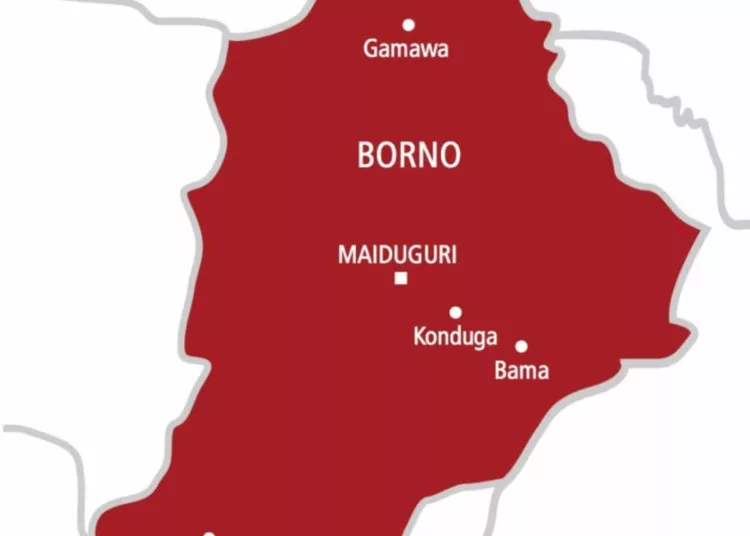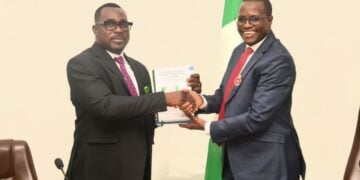Some of the 59 district heads from Borno Emirate Council trained in a-one-day workshop organised by a non- governmental organisation, Allamin Foundation for Peace and Development, have lamented on threats, intimidation and rejection faced by some survivors of
Boko Haram insurgency in the hands of some of the repentant terrorists.
The district heads expressed concern during the Foundation’s presentation of the Charter of Demands from de-radicalised women and girls, who were forcefully conscripted into terrorism, but have surrendered to authority.
A district head, Abba Kawu noted that issues like threats, rejection and intimidation are some of the challenges facing the reconciliation process, as well as reintegration of some of these deradicalised women and girls into their respective communities.
“A repentant terrorist led some attacks in Dikwa, Dikwa local government area of the state, and was captured by Chadian forces. After his deradicalisation and reintegration into the community, he realised that the wife he abandoned had married another man.
“He began to issue threat messages to the husband of his former wife to return her or be killed. This is despite the fact that the woman waited for him the surrendered terrorist for years before marrying another man,” he narrated.
Another district head, Baba Abba Bukar, narrated how one young lady who was abducted by the terrorists, escaped with a terrorist who married her in captivity alongside their children. However, on returning home, her father rejected her, her children and the husband.
Speaking on the Charter of Demands from the de-radicalised women and girls, the district head of Maisandari district of Maiduguri, Alhaji Abba Bukar, said based on the demands made by the deradicalised persons forcefully conscripted into Boko Haram, “As traditional rulers, we are also advocating for government and relevant agencies to consider the plight of survivors of the Boko Haram insurgency. As advocate of peace and peaceful co-existence, we are appealing to the government to see how we can successfully reconcile and reintegrate survivors into society without stigmatisation and rejection.”
The executive director, Allamin Foundation for Peace and Development, Hajiya Hamsatu Allamin, said,” These traditional rulers are aligned with the larger community, as well as the religious leaders. In Borno culture, religious scholars are the pillars of the society, hence we selected the district heads because they are more aligned with the community members and religious scholars at the grassroots.
“They will consult with the community and scholars and come up with feedback on how to address challenges of the victims, the deradicalised women for a successful reconciliation and reintegration into society without stigmatisation and rejection,” she said.





